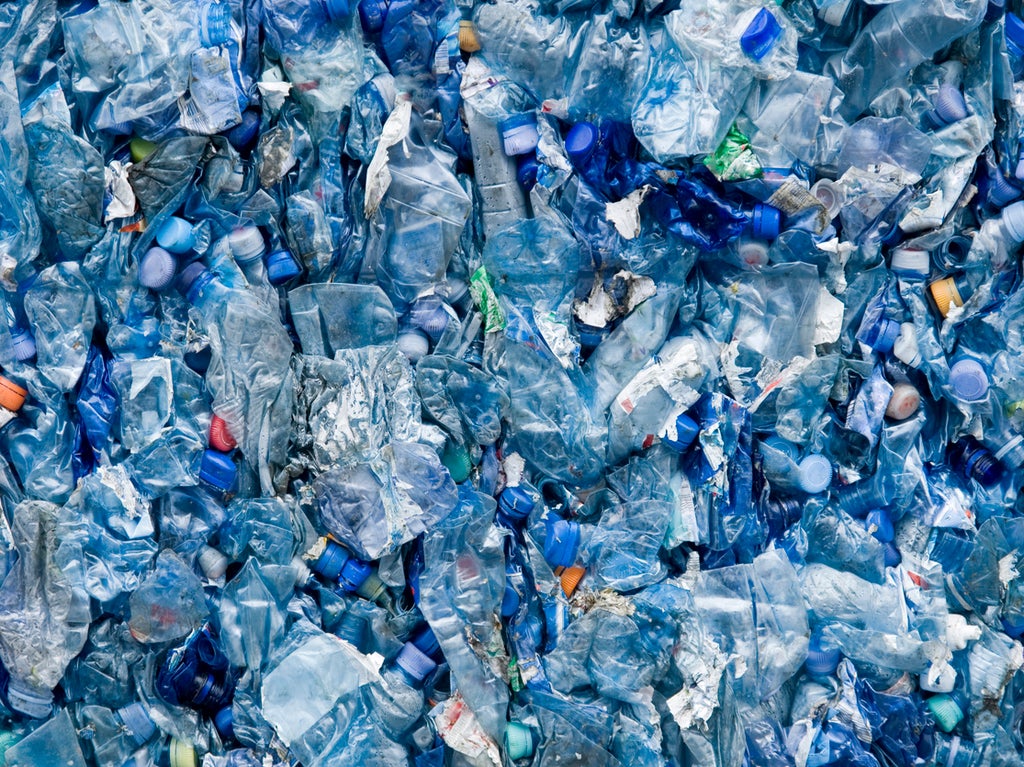
Scientists have discovered a way to convert used plastic bottles into vanilla flavouring using a genetically engineered bacteria.
It marks the first time a lucrative chemical has been “upcycled” from post-consumer plastic waste and could be a valuable way to combat the global plastic waste crisis, say the researchers.
As plastics currently lose around 95 per cent of their value as a material after a single use, being able to create more valuable materials out of waste could help tackle plastic pollution and move towards a more circular economy.
Researchers from the University of Edinburgh used an engineered microorganism, Escherichia coli, to help biodegrade polyethylene terephthalate polymer (PET) plastics into vanillin, which is widely used across numerous industries.
It is found in food and cosmetics, as well as in the formulation of herbicides, antifoaming agents and cleaning products.
Vanillin normally comes from the extract of vanilla beans and is responsible for the characteristic taste and smell of vanilla. It is an expensive substance and demand for it is growing rapidly, with a market size projected to be worth US$724.5 (£514) million by 2025.
Vanillin can also be made synthetically, with 85 per cent of the world’s production of vanillin synthesised in a two-step process from petrochemicals.
Mutant enzymes have already been developed to break down plastic bottles into basic units, which were then used by the scientists to be converted into vanillin.
The research, published in the journal Green Chemistry, found that the process of converting plastic into vanillin produced a mild reaction and generated no hazardous waste.
Joanna Sadler, who conducted the research, said: “This is the first example of using a biological system to epicycle plastic waste into a valuable industrial chemical and it has very exciting implications for the circular economy.”
Stephen Wallace, who also carried out the work, added: “Our work challenges the perception of plastic being a problematic waste and instead demonstrates its use as a new carbon resource from which high value products can be obtained.”
The world’s plastic crisis has resulted in serious economic and environmental impacts, with an estimated 50 million tonnes of PET plastic waste being produced each year.







